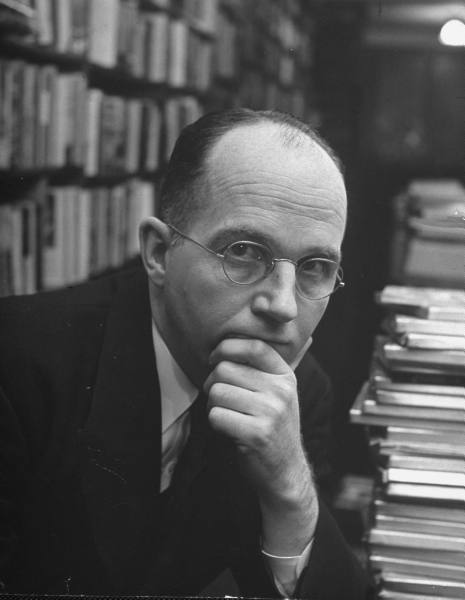Related Topics
Quakers: All Alike, All Different
Quaker doctrines emerge from the stories they tell about each other.
Literary Philadelphia
Literary
Indigents
With a long history of welcoming and assisting the poor, Philadelphia has always risked swamping the lifeboat by attracting more of them than it can handle.
Historical Motor Excursion North of Philadelphia
The narrow waist of New Jersey was the upper border of William Penn's vast land holdings, and the outer edge of Quaker influence. In 1776-77, Lord Howe made this strip the main highway of his attempt to subjugate the Colonies.
Favorite Reflections
 In no particular order, here are the author's own favorites.
In no particular order, here are the author's own favorites.
Montgomery and Bucks Counties
The Philadelphia metropolitan region has five Pennsylvania counties, four New Jersey counties, one northern county in the state of Delaware. Here are the four Pennsylvania suburban ones.
Favorites - II
More favorites. Under construction.
Quaker Theology
New topic 2016-12-04 04:18:19 description
Interesting Quaker Characters
All alike, but all different.
James A. Michener (1907-1997)

|
| James A. Michener |
James Michener seemed headed for a recognizably Quaker life until show business rearranged his moorings. He was raised as a foundling by Mabel Michener of Doylestown, Pennsylvania, under circumstances that were very plain and poor. Many of his biographers have referred to his boyhood poverty as a defining influence, but they seem to have very little familiarity with Quakers. When the time came, this obviously very bright lad was offered a full scholarship to Swarthmore College, graduated summa cum laude, went on to teach at the George School and Hill Schools after fellowships at the British Museum. And then World War II came along, where he was almost but not exactly a conscientious objector; he enlisted in the Navy with the understanding he would not fight.
While in the Pacific, he had unusual opportunities to see the War from different angles, and wrote little short stories about it. Putting them together, he came back after the War with Tales of the South Pacific. Much of the emphasis was on racial relationships, the Naval Nurse who married a French planter, the upper-class Lieutenant (shades of the Hill School) who had a hopeless affair with a local native girl that was engineered by her ambitious mother, as central characters. Michener himself married a Japanese American, Mari Yoriko Sabusawa, whose family had been interned during the War. There are distinctly Quaker themes running through this story.
And then his book won a Pulitzer Prize, Richard Rodgers and Oscar Hammerstein made it into a Broadway musical hit, then a movie emerged. The simple Quaker life was then struck by the Tsunami of Broadway, Hollywood, show biz and enormous unexpected wealth. Just to imagine this simple Bucks County schoolteacher in the same room with Josh Logan the play doctor is to see the immovable object being tested by the irresistible force. Michener retreated into an impregnable fortress of work. He produced forty books, traveled incessantly, ran for Congress unsuccessfully, and was a member of many national commissions on a remarkably diverse range of topics. Although he lived his life in a simple Doylestown tract house, he gave away more than $100 million to various charities and educational institutions.
In his 91st year, he was on chronic renal dialysis. He finally told the doctors to turn it off.
Originally published: Friday, June 23, 2006; most-recently modified: Wednesday, May 22, 2019